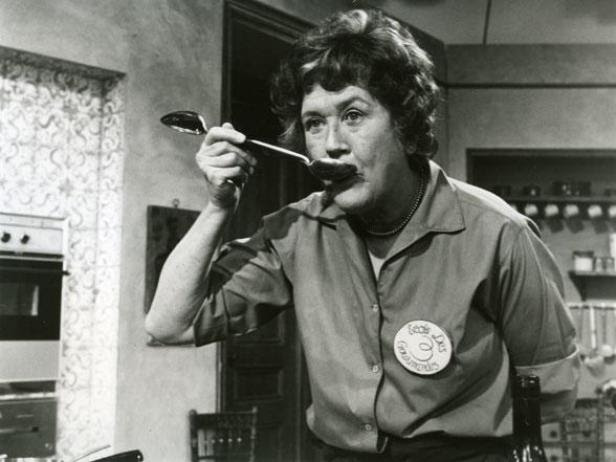Fascinating fact: a surprising number of people, ranging from 4 to 14% of the population, experience an unpleasant taste in their mouth when they consume cilantro. Isn't it intriguing how our taste buds can differ so greatly?
Some describe it as the flavor of soap, or even worse, dead bugs! This is due to a variation these individuals (with Julia Child being perhaps the most famous one) have in their olfactory receptors that allows them to strongly perceive the soapy flavored aldehydes in cilantro leaves.
Believe it or not, olfactory function is an incredibly important parameter to consider in the evaluation of traumatic brain injury. The most commonly injured cranial nerve following TBI is cranial nerve 1, the olfactory nerve, and this is effected in roughly 20% of brain injury patients.
Although we don't have a cilantro taste test as a part of our TBI evaluation options, we do utilize the University of Pennsylvania Smell Identification Test which is the current gold standard for point of care olfactory evaluation. This assessment uses "micro encapsulation technology", which essentially means it's the world's fanciest scratch and sniff test, to measure olfactory function using a wide variety of smells.
The test even has built in malingering detection as there are certain scents that will cause irritation to the nose that can be detected by the patient even if they have a complete loss of smell. Some of you likely experienced this if you temporarily lost your sense of smell with COVID. Even though you couldn't taste or smell much, certain incredibly strong odors like vinegar or ammonia could still be detected.
The reason for this is that the trigeminal nerve (cranial nerve 5) also assists in olfactory function, particularly with certain strong odors, so essentially there's a built in back up system. So while a TBI patient with injury to the olfactory nerve would have a substantially disrupted sense of smell, certain strong odors would still be identifiable.
Obviously having a decreased sense of smell doesn't diagnose a TBI in isolation, but this is true of all the TBI testing we utilize at Ethos. This is why we measure so many different parameters of brain function as this allows us to pinpoint with nearly complete certainty if the test results as a whole are indicative of brain injury. This knowledge is combined with our clinical examination of the patient, history, review of medical records and other factors to arrive at a confident differential diagnosis.
Although we, at Ethos, may not be able to change your disdain for cilantro, we are here to assist you with your TBI. If you or someone you're acquainted with could benefit from TBI diagnostics or therapy at any of our various locations throughout Florida, feel free to contact us via email at drwalker@flspineandinjury.com or simply give us a call at 904-616-1284. We're always ready to lend a helping hand!
-1.png?width=120&height=108&name=Ethos%20Health%20Group%2c%20(1)-1.png)



Leave a Comment